In this age of data-driven insights, it’s useful to take a step back and question their source. As Market Researchers, we’re often asked to come up with novel ways to anticipate future events. So, it’s natural for us to think about how it is we come to know anything, which gets to the science of epistemology, the science of knowing.
This is not to take anything away from AI, Machine Learning, or Predictive Modeling – all useful tools, when trained at the right questions and driven by experts who know how to apply them. It’s more about the inherent bias of humans, who happen to run companies and charged with making big decisions with scant or simply directional indications of how a given course of action might play out in the face of massive uncertainty.
We’ve all seen how principles of social science have crept into mainstream discourse. One such instance of that is the notion of Confirmation Bias – is the tendency to search for, interpret, favor, and recall information in a way that confirms or supports one’s prior beliefs or values. Confirmation bias has a surprisingly strong tendency to persist, even in the face of irrefutable evidence that would deny those beliefs. Certainly, we’ve seen that play out in recent years in the political arena, and indeed, in the way we digest news and information delivered by social media.
With bias being part of the human condition, it’s easy to see how it becomes the boogeyman, when filtering through mountains of information and opinion about the likely course things will take. So, what’s the cure? How does a leadership team balance this unfortunate human tendency to seek out confirmatory information, and thus infect their decision process in ways that could lead to unfortunate results?
Intuition
By contrast, intuition is a more direct perception of truth, facts, etc. It stands as a keen insight, independent of any logical reasoning process. Intuition can’t be defended, nor should it be. Intuition can’t be taught – it’s a feature and standard ability humans uniquely have, independent of education levels or economic status. A poor analogy might be that when buying a new car, you can find models with all kinds of high-tech driver-assist features, but they all come with a heater and a radio.
So, what’s the take-away? When faced with big decisions, it’s best to rigorously question the assumptions we are using to form the judgments that underpin our pending decisions. What are pillars that are holding up the temple? Of course, this isn’t easy with the pace of business – we don’t have forever to act.
One thing all leaders can do, besides hire talented Market Researchers, is to listen carefully to the skeptics, the naysayers, and the devil’s advocates. These voices are sometimes dismissed as uselessly negative and a distraction. Quite often, these are the thoughtful minds who see implementation details the big-picture champions of change don’t see.
And believe your intuition. Make it co-equal to the data, metrics and models you have invested so much in developing. It’s the lowest-tech wrench in the toolbox, but one you ignore at your peril.

